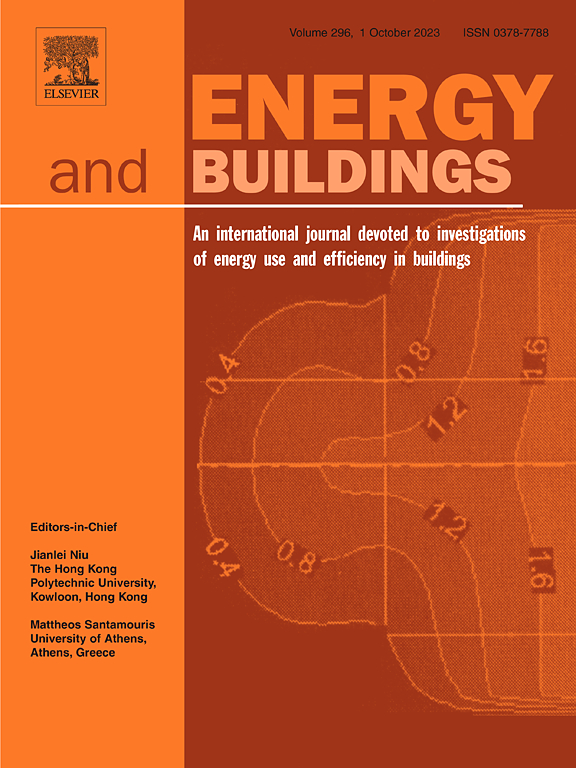Publications

Community Energy Solutions for Addressing Energy Poverty: A Local Case Study in Spain
Advancements in renewable energy technologies, a growing awareness of the need for sustainable energy solutions, and the emergence of new business models in the energy sector, have contributed to the growth of Energy Communities. Public entities can find in energy communities today an opportunity to tackle energy poverty, to increase the cooperation among citizens and to empower them to be a more active player within the energy sector. This paper analyzes energy communities in Europe and focuses specifically on Spain; considering the three beneficial aspects previously mentioned. It aims to obtain ground truth about the applications of these new citizens’ arrangements.
Freeware Digital Platform for Designing Renewable Energy Communities in Italy: An Overview
Renewable Energy Communities (RECs) are an emerging policy instrument to support the installations of new renewable energy power plants. However, their design requires an appropriate technical and financial expertise, which are time-consuming and require trained personnel. For these reasons, digital platforms for REC design have been proposed to support decision-making, yet guidance on their trade-offs is still missing. This paper presents a systematic and comparative comparison of recent platforms to design RECs in an Italian context. The comparison is based on a list of evaluation criteria clustered into four categories input, output, optimization, and openness. The research reveals a consensus on the primary inputs and outputs required for REC design and highlights the absence of optimization methods and openness features across all platforms. The results suggest that future advancements in freeware digital platforms should focus on facilitating open access to data and methodologies, as well as the establishment of standardized data sets for comparison of results. Such an approach can yield several benefits, including the implementation of optimal planning methods for REC that are widely accepted and embraced.
An open ICT solution to integrate multi-modular battery systems on buildings
The electrification of transport, has placed a great deal of attention into electrical energy storage. Several battery technologies exist, but all of them are based on banks of modules that connected together add up the voltage of the current needed for each application. The chemical processes that occur within the modules may condition the life of the battery. This points to the direction of management systems that can control how the batteries are used. In this work we suggest an IoT platform that can manage the control of multi-modular battery banks and that can be accessible for the many (MIT license). The platform has been proven to be sound, and it gives multiple possibilities to users and developers. A use case has been shown on this paper in which the platform allows the management of a real battery bank providing real data and applying an intelligent algorithm that forecasts the charging process and controls that the variables are within acceptable ranges.

This project has received funding from the European Union’s Horizon Europe Framework Programme for Research and Innovation under grant agreement no 101096836.


